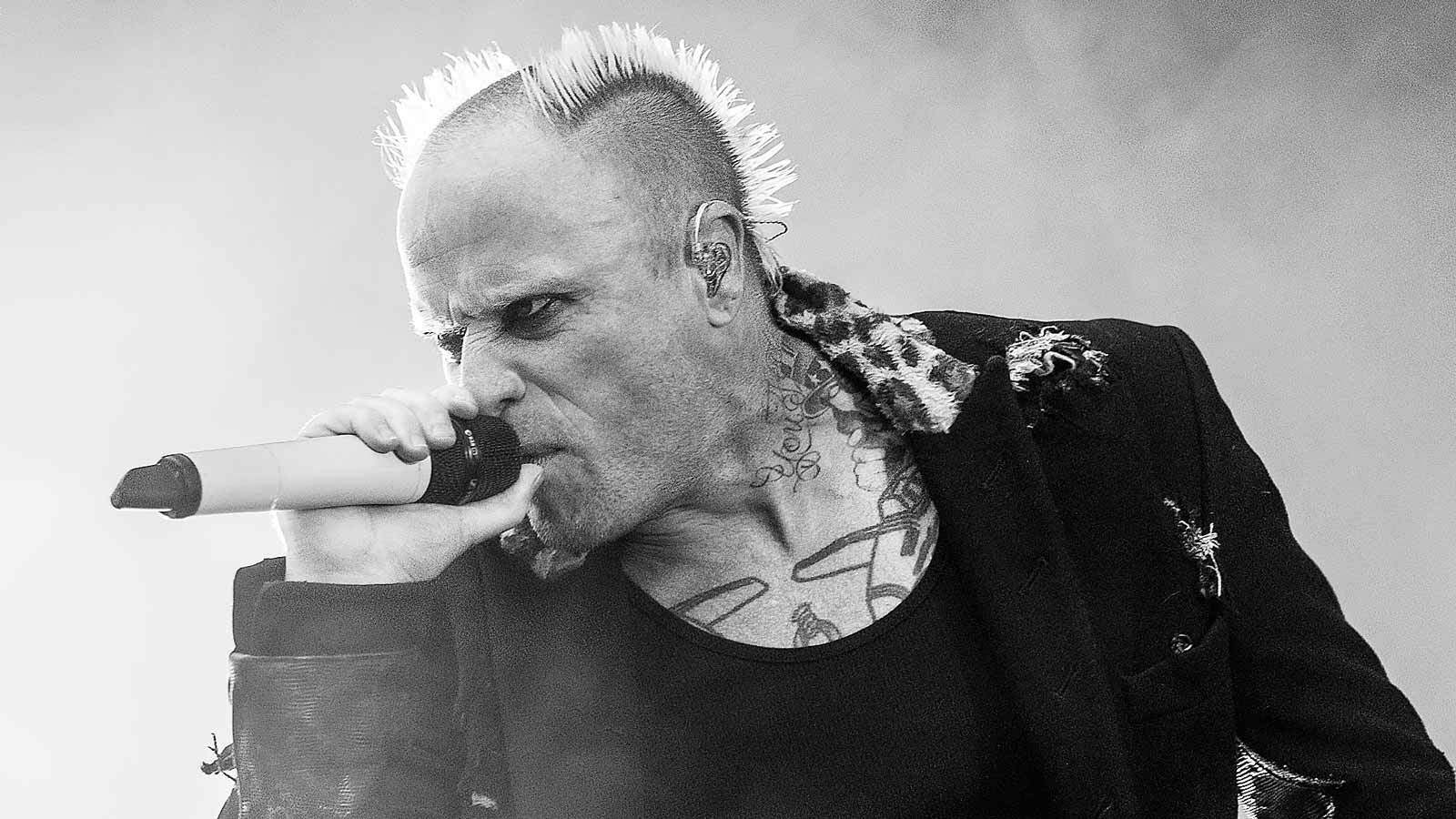The Prodigy: from big beat to bass and beyond
After the late eighties and the uprising of rave culture fuelled by acid house, there was a gap in the market for new dance genres that fed off the excitement of the scene. In the early nineties the music really started to diversify and genres like big beat, hardcore and techno came into existence. More so than any other nation, Britain can take credit for the former. Big beat Legends like Fatboy Slim, The Chemical Brothers and The Prodigy are all Brits; with both The Chemical Brothers and the Prodigy having had their live debuts in the country’s capital.
Whilst not all big beat tracks have stood the test of the time, Anthems like The Prodigy’s Breathe, Firestarter and Out of Space still find their way into clubs and festival DJ tents today. Where other Big Beat artists could be said to have stuck more religiously to their trademark sound and house influences, Liam Howlett has developed and varied The Prodigy’s sound over the years such that their music has maintained its relevance to alternative youth culture. From the rock influences of 94’s Music for the Jilted Generation to 09’s bass driven Invaders Must Die, The Prodigy know how to stimulate a music induced dopamine hit. That being said, the unwavering dirty breakbeat drums along with Keith and Maxim’s trademark vocals have meant that their music has maintained its identity throughout their career. Nevertheless it’s the act’s genre bending style that has enabled the Godfather’s of British big beat to remain relevant for almost three decades and achieve the status they’ve acquired.
It wasn’t all festival headline sets and global recognition though, The Prodigy’s fifth gig at Hatfield College only had nine attendees, five of whom were staff. Much like their music, their early career could be likened to be a rollercoaster in that it was wildly variable. Whilst their first few shows had understandably low attendance, they did also play hugely popular twelve thousand strong rave ‘Raindance Festival’ just twelve shows in; and in Keith Flint’s own words “you never missed a Raindance”. From London’s pioneering Four Aces Club to their own festival at Milton Keynes Bowl, The Prodigy have done it all and then some.
This chaotic variance that epitomises their career and music has inevitably lead to the negative media attention and controversy that all great bands arouse at one point or another. This to such an extent that Liam Howlett was once accused of killing rave with The Prodigy’s infamous hit ‘Charlie’. These days many would accredit them with simultaneously transcending and reinventing rave culture. Reinvention is the name of the game with The Prodigy. Recent single ‘Fight Fire with Fire’ features American rap/punk band Ho99o9 and despite having sampled rappers before, Liam has still created a track that feels fresh and different.
As aforementioned their lengthy career can be attributed to their ever-changing style lending from all manner of musical influences, but what is particularly remarkable is where they are and what they represent today. The thriving late eighties rave scene is remembered for one thing more so than ecstasy and acid house. Unification. The creation of something unique and exciting that appealed to people of varying backgrounds, genders, races etc. is what really drove the scene’s success. The Prodigy are unification epitomised. No other act could get the same reaction at Creamfields and Download festivals, bringing together social groups who might otherwise never cross paths with their genre defying beats.

